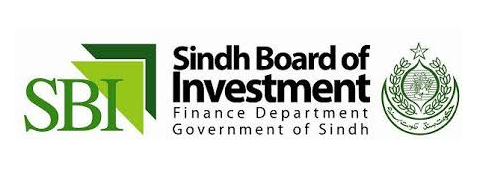INP-WealthPk
Ahmed Khan Malik
The Sindh government has chalked out a strategy to support the small and medium-sized enterprises technically and financially for achieving ‘real’ economic growth.

“The SME sector needs proper government support for expansion and development,” Irteza Ali, Director of the Sindh Investment Board, told WealthPK. He said the economic contribution of SMEs would be increased by making them more competitive and productive through increased bank credit. “Also, the government plans to increase the number of registered businesses by 10% per year, and public and private incubators, accelerators and co-working spaces by 20% in five years.” Ali said that the provincial government has set up the Sindh Enterprise Development Fund (SEDF) with a vision to encourage investments in SMEs, improve entrepreneurial ability and provide a major push to the wider economy.
“SEDF aims to promote opportunities in the agricultural value chain as well as the mining and mineral processing sectors for multiple economic benefits. It seeks to introduce interventions to improve efficiency and profitability,” Ali said. He said SEDF focuses on key sectors for investment, including agri-processing, dairy and livestock farming, poultry farming, fisheries, horticulture and floriculture, storage and cold chain. “In this respect, SEDF has entered into agreements with various institutions to transform different sectors of the provincial economy,” he added. The director highlighted the significant growth of SMEs over the last few decades, especially in Karachi city and its vicinity. “More and more investors are routing to Karachi to launch new businesses,” he noted.
According to the Federal Bureau of Statistics (FBS), there are around 3.2 million enterprises in Pakistan, with SMEs making up 91% of all private ventures and employing about 78% of the non-agriculture workforce. SMEs contribute over 30% to GDP, 24% to export earnings and 35% to manufacturing value addition. “SMEs play a crucial role in the economic growth and development of a country. They generate a major share of wealth and jobs in an economy,” Ali said, adding that SMEs’ development is essential in achieving broad, sustainable economic growth and creating jobs for the growing workforce. “Livestock and horticulture – which account for 70% of value-added agriculture – have strong potential for increased women participation.”
Credit: INP-WealthPk






